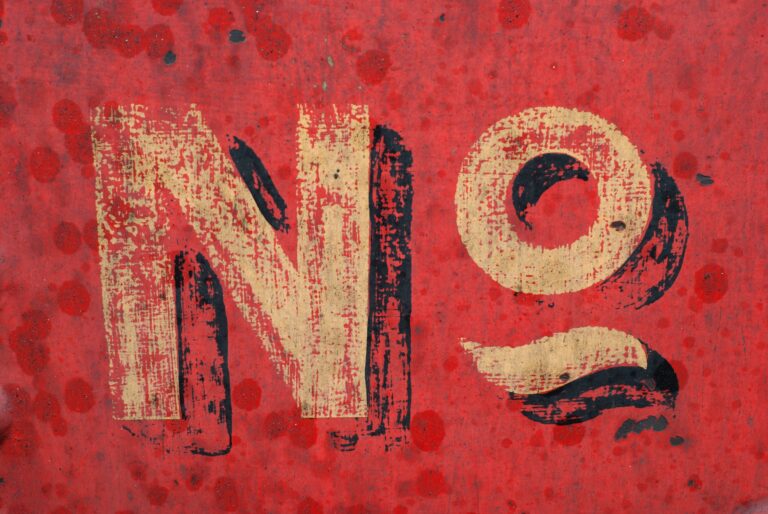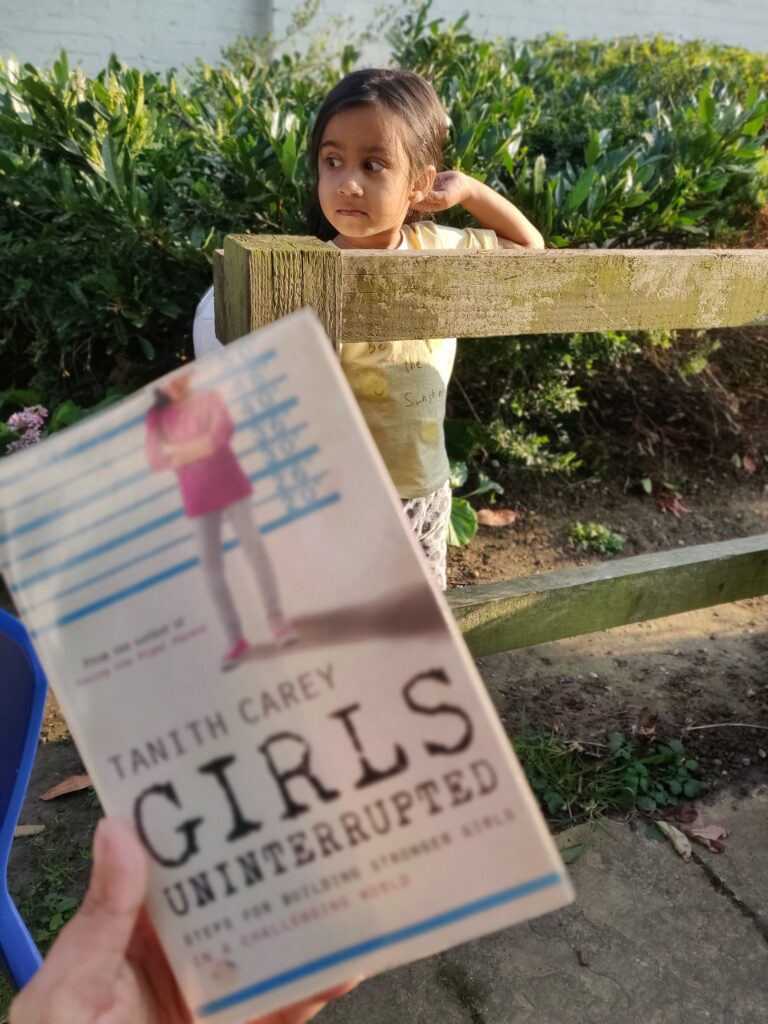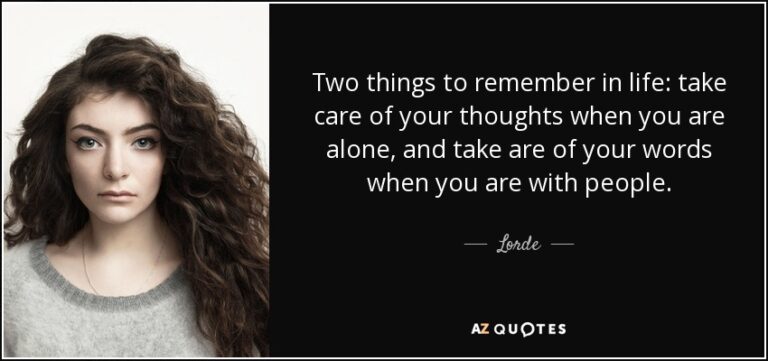Kahlil Gibran’s ‘The Prophet’, an inspirational fiction, is a great reservoir of spiritual experiences. Gibran is notably the third-best-selling poet behind Shakespeare and Lao-Tzu of all time. Khalil Gibran, the Lebanese-American author of this beautiful life hack, is still a literary hero. The writer’s best-selling book ‘The Prophet’ is a deviation from the classic structure of the poem.
His power came from some great reservoir of spiritual life else it could not have been so universal and so potent, but the majesty and beauty of the language with which he clothed it were all his own
Claude Bragdon
You can read the Prophet by Kahlil Gibran on Kindle here.
It is free for Kindle Unlimited users.

‘The Prophet’ is a collection of 26 poetic essays discussing life issues and human conditions. The book focuses on love, marriage, children, houses, laws and punishment, good and evil, pleasure, and so on. The writer makes the best impression with his metaphors. Oh, Did I tell you? Gibran has a keen eye for art. He had his first art exhibition for his drawings in 1904 in Boston. Having said that, let’s go into the life hacks, shall we?
The Coming of the Ship
In the first chapter, ‘The coming of the Ship’, the prophet Almustafa waits for his return journey. After living for 12 years in the city of Orphalese, he was waiting to return home. ‘The home’ could also mean returning to where we started in this context. However, the prophet also feels sadness for leaving the people behind. This chapter deals with the joy and sorrow of his heart so beautifully. It allows us to see the concept of moving forward in a new light.
Fain would I take with me all that is here. But how shall I?
Coming of the Ship | The Prophet, Gibran, Kahlil
A voice cannot carry the tongue and the lips that gave it wings.
The prophet is eagerly waiting for the ship that will take him on the journey to his home. From the top of hills of the city of Orphalese, where there are no city walls, he looks at the sea. After waiting for 12 years in the city, he sees a ship that brings joy to his heart. He prays and descends the hill ready to board the ship. But, when he starts climbing down, he feels sorrow and pain in his heart.
His next journey certainly brings him happiness. But, at the same time, he wouldn’t be able to leave the city without regrets and wound in his spirits. Living for more than a decade in a city, his tiny pieces of the soul are in various streets scattered around the city.
This sorrow of leaving something behind for greater cause doesn’t feel like tearing off the garment but his own skin. And he accepts the pain. When we move forward, we don’t just leave our thoughts with the people we leave behind, but also our hearts.
“Yet I cannot tarry longer…”
However, the journey forward is so important that he can’t delay it anymore. If only we didn’t move forward fearing the pain of leaving people behind, wouldn’t we stagnate and perish? Can the word take lips and tongue that gave its form? Can the eagle desire to fly across the sun take its nest along?
How often have you sailed in my dreams. And now you come in my awakening, which is my deeper dreams.
Coming of the Ship | The Prophet, Gibran, Kahlil
The soul with eagerness to embark on the ship can’t wait, as it had dreamt about seeing this ship for so long. This reality is the awakening of deeper dreams. One more breath, one more loving glance backwards is everything he needs to return to his home. Where does he return to? What does his isle of birth look like? We don’t know, as the prophet keenly focuses on the journey: the sea, tides and seafarers.
What’s more important then: journey or destination? What if the journey itself is a destination written for you when you were born? He calls the sea a sleeping mother giving peace and freedom to the river and streams. The boundless drop in him eagerly waits to join the boundless ocean.

“Go not yet far away from us…”
The people of the city of Orphalese rushes towards the harbour seeing the Prophet and the ship. When we regret the people we leave behind, won’t those people feel the pain too? They are not ready to depart with the Prophet yet. Men and women leave their work behind, rushing towards the ship, calling and shouting the Prophet’s name.
Shall the day of parting be the day of gathering?
The Coming of the Ship | The Prophet, Gibran, Kahlil
And shall it be said that my eve was in truth my dawn?
With all of the people in the city crowding towards the ship and the Prophet, it leads to confusion: is it a day of parting or a day of gathering? Is it the Prophet’s eve or dawn? What will he give to the people who gathered at his farewell, leaving their work and vineyards?
He, the seeker of silence, isn’t confident about sharing the treasure he found. When he has so many deeper secrets to share, the people of the city insist him not to hunger them for his face. They do not want him to become their memories. They are not ready to let the sea separate the Prophet from them. Because, for the people of the City of Orphalese, the Prophet is not a guest or a stranger; he is their son and beloved.
Moving Forward: Is it so hard?
If moving forward only means leaving people and the city you grew up with behind, then the sorrow won’t last long. But, if it means leaving the pieces of you with the school you studied, the last bench chats you had, the college class you bunked, the boy who gave you the first flower, the late-night group studies, the workplace, the colleagues, then it must mean you are leaving incompletely.
You can’t move forward without regret. You must continue the journey with pain in your soul. Ask yourself: Is the journey worth it? Does it elevate your soul? Then, delay no longer, for it is your dream, a reality of your dream. Anything that moves your soul is the awakening of your dream.
Suffer not yet our eyes to hunger for your face.
The Coming of the Ship | The Prophet, Gibran, Kahlil
Let not the waves of the sea separate us now, and the years you have spent in our midst become a memory.
However regretful and painful it looks today, you must move forward; for every living thing on earth has one and only purpose: to move forward. Accept that these people are your people, this city is your city, and these memories are your heart’s treasure. It is okay to feel happy for the journey you will take. And at the same time, it is okay to shed tears for things you will miss out on because of this journey.




